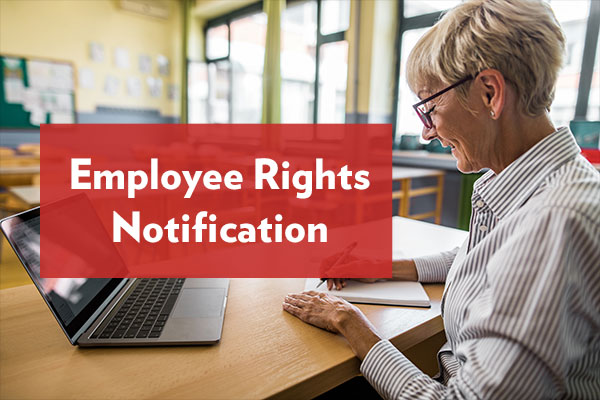Media

Unconstitutional Union Fees that Won’t Go Away?
The 2018 Supreme Court Janus v. AFSCME decision was a fantastic victory for American workers, striking down the ability of public-sector unions to charge nonunion public-sector employees “fair share” fees. Now government employees can choose not to join a union without the threat of financial repercussions.
Unfortunately, these rights are not being respected in union contracts.
Instead of upholding teachers’ First Amendment rights to not be forced to fund an organization they don’t support, Bermudian Springs School District placed a stipulation within their contract stating that “should the Janus decision be overturned,” non-members “shall be required to pay a Fair Share Fee” in accordance with Pennsylvania’s fee law for teachers.
Similarly, other school districts have simply continued to negotiate fair share fees into their contracts—after the Supreme Court ruled them unconstitutional. For instance, the East Stroudsburg School District contract states, “Each non-member in the bargaining unit represented by the Association shall be required to pay a fair share fee as provided by law (Act. No.1988-84).”
In direct contradiction to the Janus ruling, Pennsylvania currently has fair share fees in state law. At a minimum, this confusion leads to public workers’ rights being unwittingly ignored. At worst, union leaders are utilizing the law and lack of Janus awareness to more easily impose unconstitutional fees.
Instead of allowing for this confusion and violation of court ruling, Pa. lawmakers should look to other states as warnings. In September, the Massachusetts legislature voted to override a veto by Governor Baker, enacting a bill that enables public sector unions to impose fees on nonmembers for grievance and arbitration costs. In contrast, Alaska Governor Mike Dunleavy issued an administrative order (currently being challenged) to proactively comply with the Janus ruling:
“the State of Alaska may no longer automatically deduct union dues and fees from an employee’s wages unless the employee affirmatively consents to waive his or her First Amendment rights.”
Pennsylvania leadership has a choice to make: circumvent a court decision restoring constitutional rights or uphold those rights. The choice should be easy, considering the Janus decision is supported by a majority of government workers.
The solution is Rep. Kate Klunk’s Employee Rights Notification Act (House Bill 785). The bill requires the government to notify public employees and new hires of their existing right to join a union or refrain without paying a fee. The bill will also repeal the outdated fair share fee laws.
Despite the Janus ruling, much more needs to be done to protect worker rights. The path forward is clear.